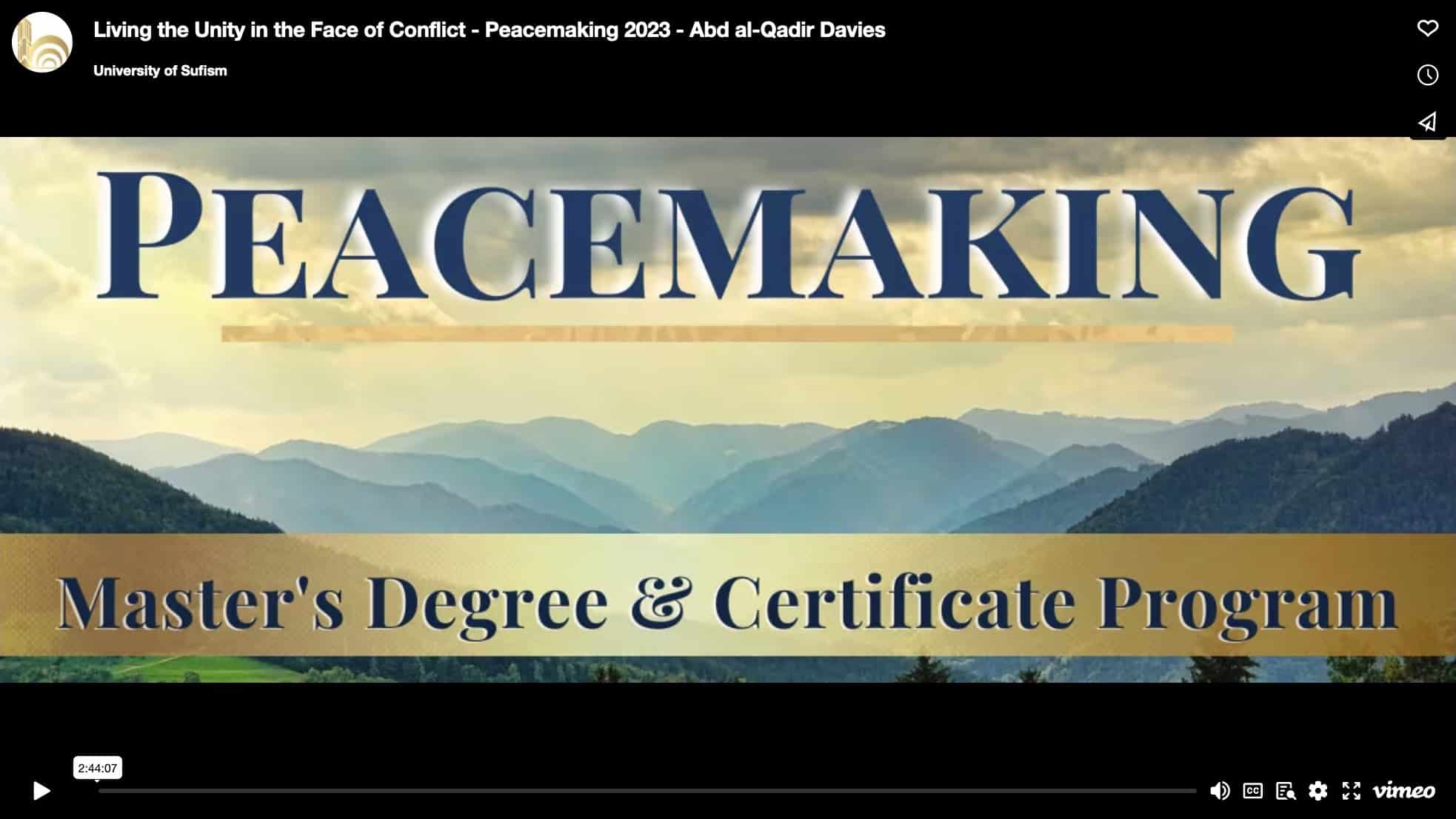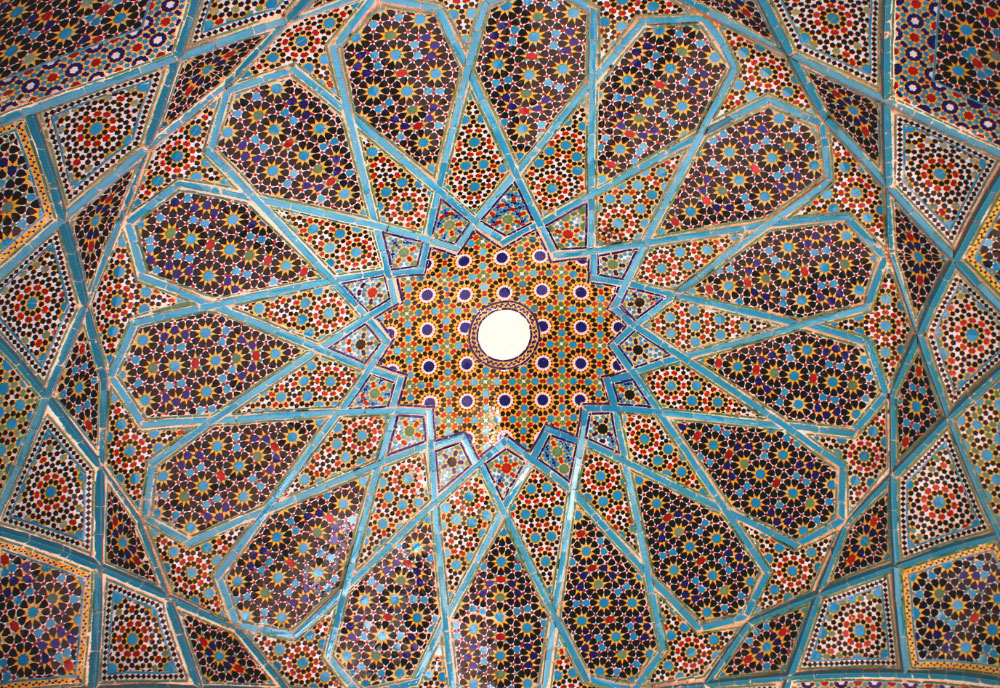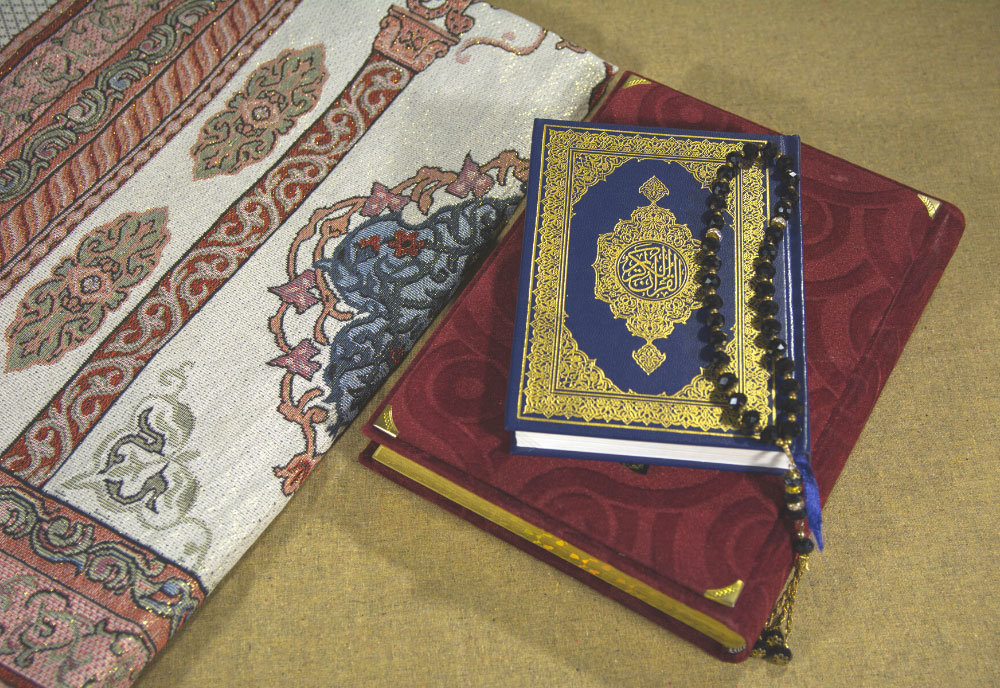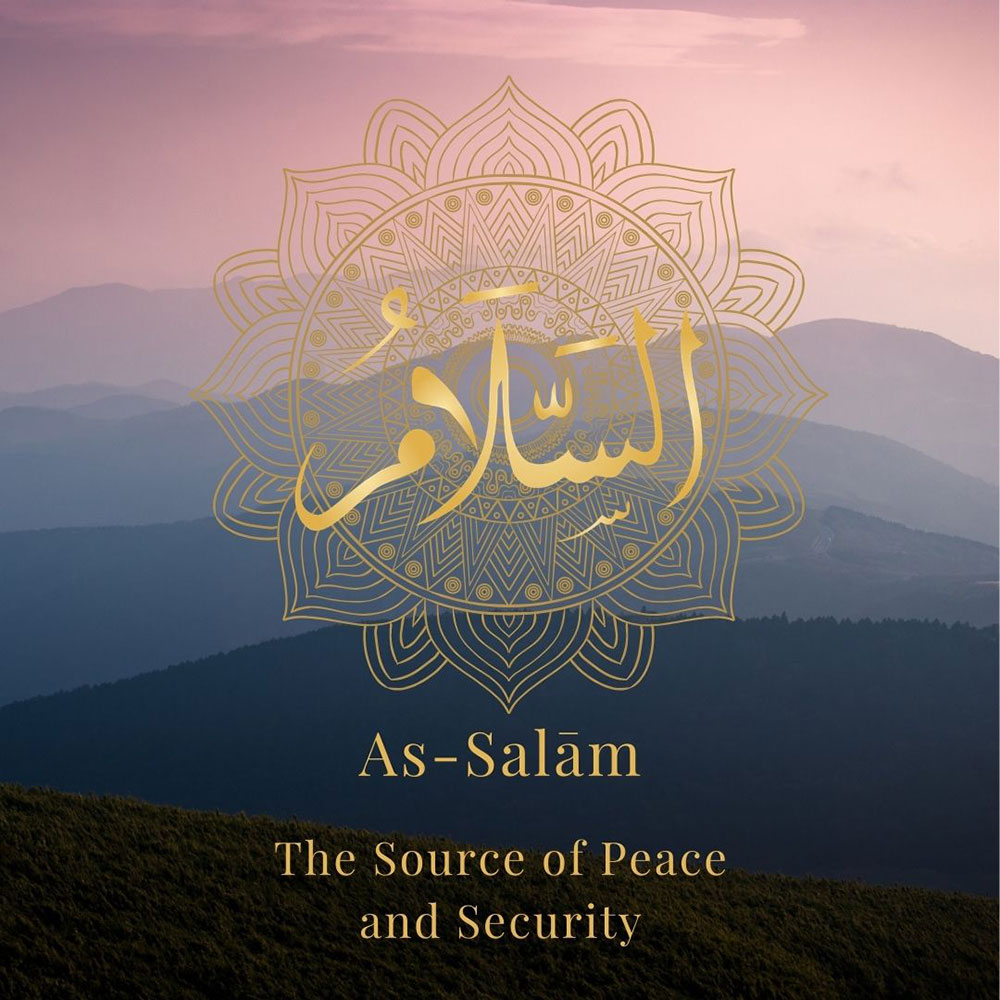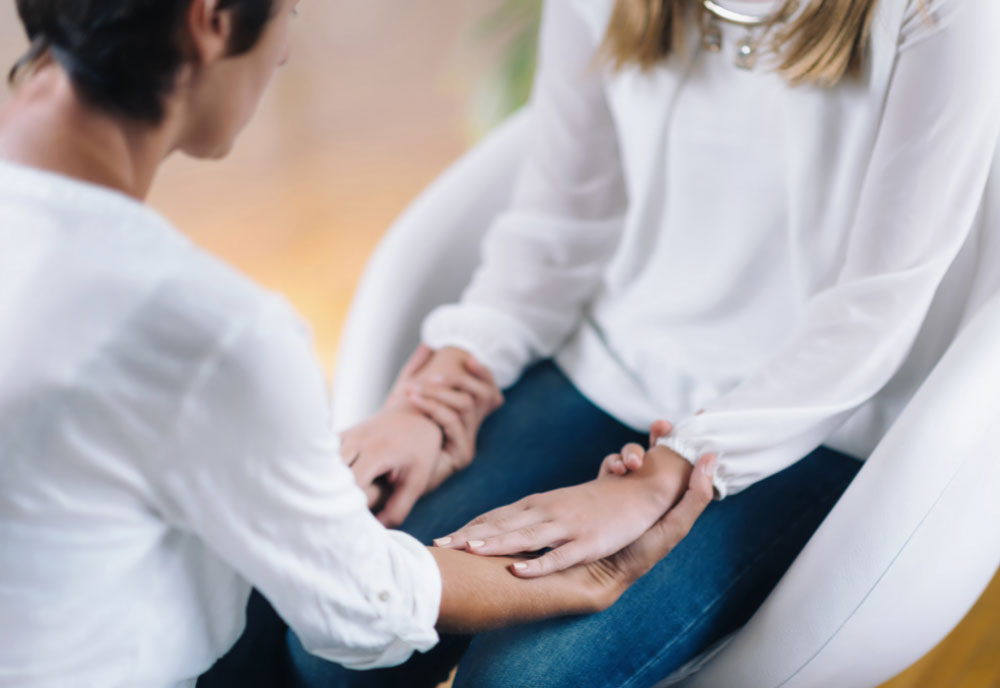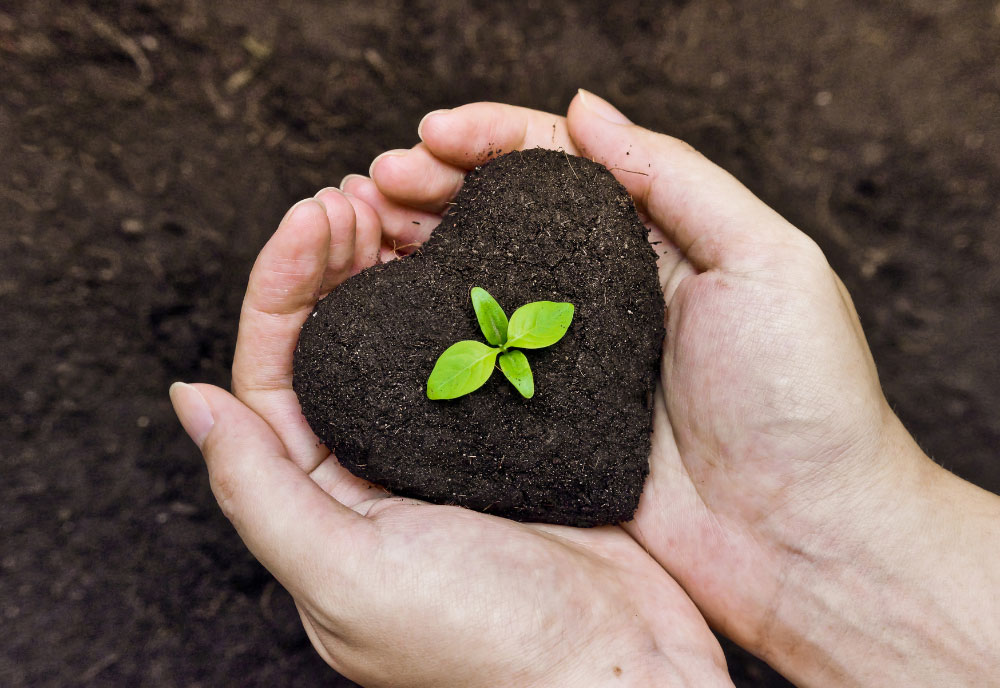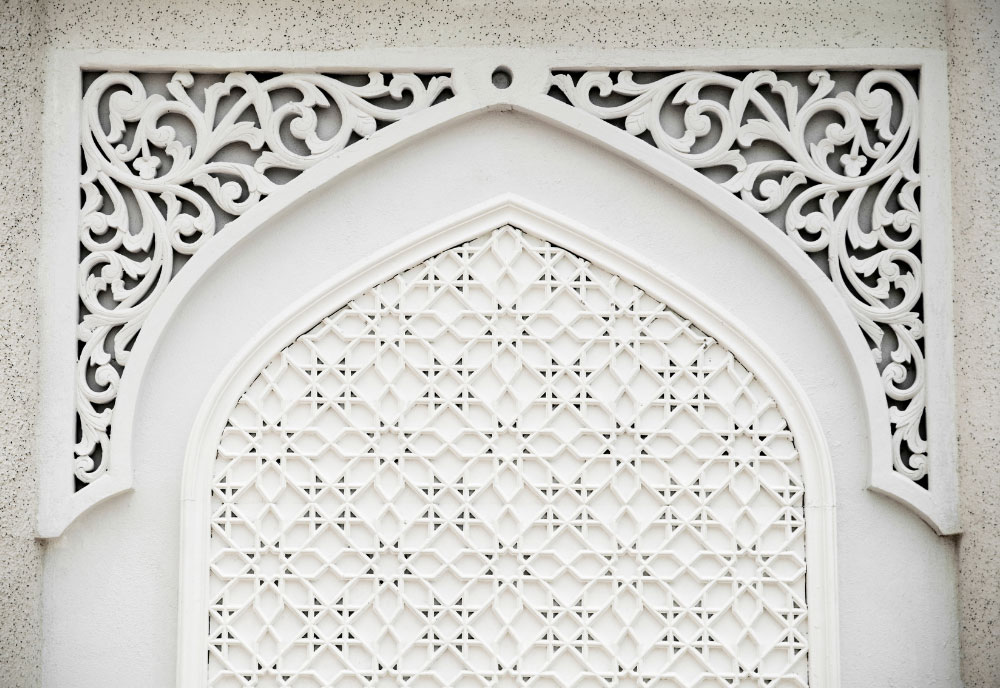Advanced Spiritual Peacemaking
A Level 3 Program
Become a Peacemaker
Awaken New Capacities Within Yourself!
Instructors: Nura Laird, John Abd al-Qadir Davies, and Mahabbah Kimberly Young
This program can be taken as part of our Level 3 Master of Divinity track OR as a standalone course.
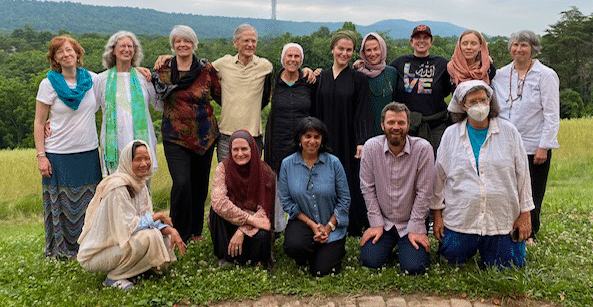
“Verily, Peace (al-Salām) is among the Names of Allah that He has placed on the earth, so spread it between yourselves.
If someone greets another with peace and they respond in kind, then he [the one who initiated the peaceful interaction] is favored in degree… but if they do not answer him with peace, then he is answered by the angels instead…”
– Teaching of the Prophet Muhammad ﷺ about cultivating peace
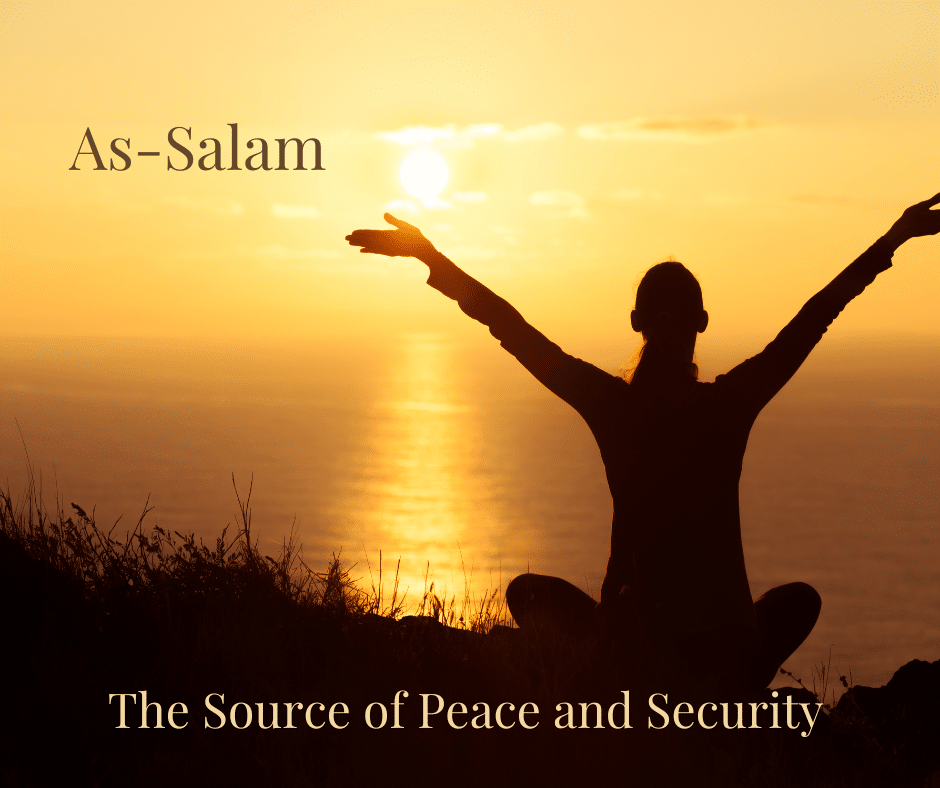
What if every conflict was a doorway to deeper connection with others, even those who cause difficulty in our lives?
The Sufi way teaches us that every challenging experience offers us an opportunity to create new possibilities within ourselves and with others.
Sufism also teaches us that all suffering originates from a state of separation.
Many of us regularly experience a sense of separation in our personal and professional relationships. We cease to feel connected to those we live and work with, and the dream we once had of exciting possibilities dulls with every misunderstanding and hurt feeling we encounter.
But, if Allah created humanity to know and love one another, then why does it feel so hard to maintain happy relationships?
Most of us were not taught the necessary skills to maintain joyful personal and professional relationships. Furthermore, the little we did pick up about relationships was based on our early caregivers’ limited capacity to contain us in love.
That is why the University of Sufism has created a unique program that will equip students with the skills to heal their hurt, restore their personal relationships and become practitioners of Peacemaking in the world.
“Piece by piece, all the places where my life felt impossible were shaken up.
The result was that wherever I was stuck opened up and became something beautiful.
My life became a garden.”
– Maryam D.
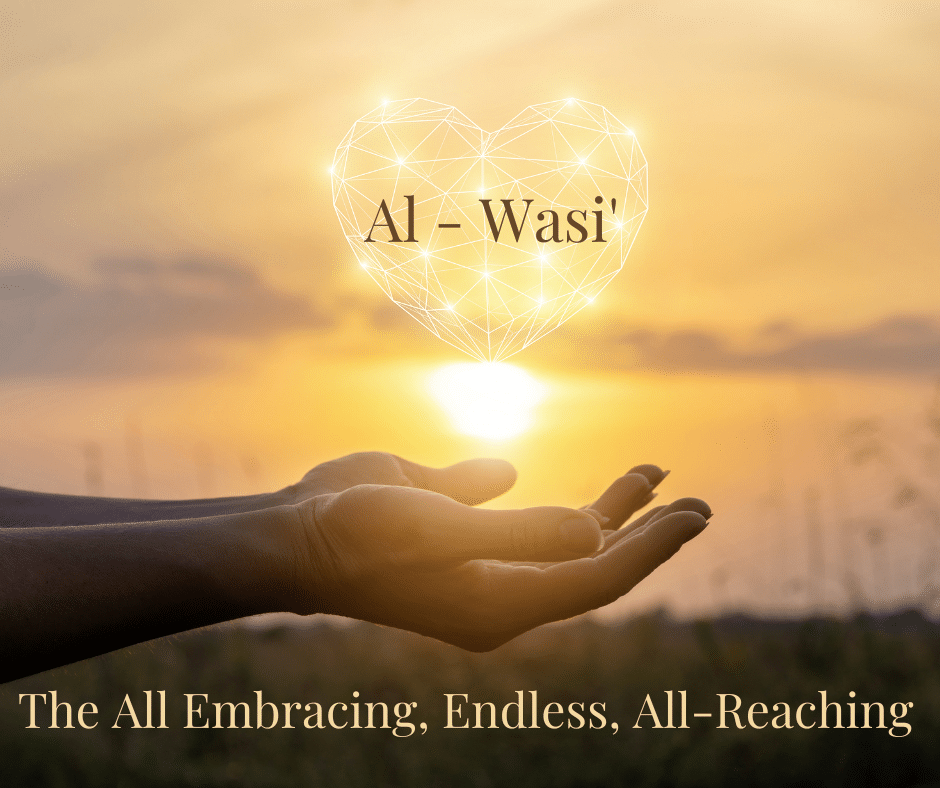
The Sufi Spiritual Peacemaking program uses a dual focus to cultivate peace
The first focus is personal and begins with healing the student’s personal wounds around relationships along with personal worth and value issues. The second is geared toward serving others (and the world).
In this program students will begin to heal their own experiences and their most important relationships, through this deeply introspective process their capacity to contain and help guide others will increase.
As students establish a firm foothold in their personal healing journey, they are then taught the skills of: forgiveness, reconciliation and conflict-transformation for use with individuals, couples and groups.
Through intensive personal healing and group practice, students will gain the confidence and expertise to effectively guide individuals, couples, and organizations towards better communication, conflict-transformation, and win-win reconciliation.
“My ex-husband and I had not spoken to one another for over ten years, despite sharing custody of our son. Through the role play exercises I was able to act out a conversation and ask for my needs. What truly surprised me is that, by role playing the conflict in the safety of the class, something resolved between my ex-husband and me.
Even though my ex-husband was not part of the exercise, and even though we hadn’t spoken in years, something transformed between us, and we started speaking with each other. I was able to have more acceptance towards him, and him toward me. It was truly a miracle.”
– Latifa A.
What Makes This Peacemaking Program Different?
- Peace begins with me. Students will start by investigating their own personal history and patterns and begin to heal through learning highly effective skills in personal development, communication, Sufi healing practices, role play, and study.
- God is the source of Peace. In Sufism, peace comes from a connection with an Ever-Loving God, this connection helps us hold our relationships in a balanced way. In this program we are not I-centered or Other-centered, but instead our focus is on a nurturing God.
- Peace from the inside out. Our focus is on personal healing and healing the family as the jumping off point for all of the Peacemaking we will do as practitioners in the world.
Am I Eligible?
- No previous experience needed. All our students begin at the beginning. The skills and knowledge taught here are new for all of us, so, no need for you to feel daunted by inexperience
- All are welcome. This program is open to anyone of any faith. Anyone can enroll in the 9-month or 18-month program without any prerequisites. A certificate of completion will be awarded to students without prerequisites.
- Earn a Certificate or a M.Div. Master of Divinity degrees are awarded to students that hold a bachelor’s degree and have completed Levels 1 & 2 of the University of Sufism or its equivalent. Those without a bachelor’s degree receive an Advanced Certificate.
Basic Course |
Advanced Course |
Level 3 MDiv Track |
| Prerequisites: None | Prerequisites: None | Prerequisites: Level 1 (ISH) and Level 2 (UOS) |
| Length: 9 Months June 2023 – March 2024 |
Length: 18 Months June 2023 – December 2024 |
Length: 18 Months June 2023 – December 2024 |
| Award: Certificate of Completion | Award: Certificate of Completion |
Award: Master of Divinity (with bachelor’s degree) Award: Advanced Certificate (without bachelor’s degree) |
|
Tuition: $4,950 154 Hours of Instruction |
Tuition: $9,900 302 Hours of Instruction |
Tuition: $9,900 302 Hours of Instruction |
Topics Covered in the Basic Course |
Additional Topics in the Adv/MDiv Course |
|
|
Tuition
Tuition for the 9-month course is $4,950, or 10 payments of $495.
Tuition for the full 18-month course is $9,900, or 20 payments of $495.
Early registration discount: $9,500 if enrolled by May 15, 2023
If you would like to learn more about whether this is the right program for you…
Schedule a personal call with our admissions director!
Rahma Tracy Caraway
1-800-238-3060 ext 701
admissions@sufiuniversity.org
Payment plans and financial assistance available
Please note that there is a minimum number of students required to run a class.
Below this threshold, the program will be postponed.
Schedule and Logistics
What is the program schedule?
We have divided up the dates of the all-day, multi-day sessions to allow more classes to take place over the weekend and also to cut down on computer fatigue.
Students will have a combination of all-day, multi-day sessions plus webinars.
The general schedule for the all-day, multi-day sessions is 9:30 am – 6:30 pm ET with time for breaks and lunch. Classes during the day are divided into knowledge classes, experiential application and practice, and personal walking.
Webinars are 2-hour classes held on either Sunday or Monday from 12:00 – 2:00 pm ET.
Where are classes held?
All classes are held online and are recorded. We are hoping to meet in person for the February 2024 and December 2024 zawiya and multi-day session. Location to be determined but most likely at the Farm of Peace in Pennsylvania or at a retreat center in Ashville, NC.
9-Month Course
154 Total Hours of Instruction
| Five Multi-Day Sessions 9:30 a.m. – 6:30 p.m. Eastern |
|
| Jun 22-25, 2023 | Nov 10-12, 2023 |
| Jul 21-23, 2023 | Feb 26-28, 2024* |
| Oct 5-8, 2023 | Feb 29 – Mar 3, 2024 |
18-Month Course
302 Total Hours of Instruction
| Four Additional Multi-Day Sessions 9:30 a.m. – 6:30 p.m. Eastern |
|
| Apr 19-21, 2024 | Dec 5-7, 2024* |
| Jul 18-21, 2024 | Dec 8-14, 2024 |
| Aug 9-11, 2024 | |
| 14 Webinars 12:00 – 2:00 p.m. Eastern |
|
| Jul 9, 2023 | Nov 20, 2023 |
| Aug 7, 2023 | Dec 3, 2023 |
| Aug 20, 2023 | Dec 18, 2023 |
| Sep 11, 2023 | Jan 7, 2024 |
| Sep 24, 2023 | Jan 21, 2024 |
| Oct 16, 2023 | Feb 5, 2024 |
| Oct 30, 2023 | Feb 11, 2024 |
| 14 Additional Webinars 12:00 – 2:00 p.m. Eastern |
|
| Mar 25, 2024 | Jul 29, 2024 |
| Apr 29, 2024 | Aug 25, 2024 |
| May 5, 2024 | Sep 9, 2024 |
| May 20, 2024 | Sep 22, 2024 |
| Jun 2, 2024 | Oct 7, 2024 |
| Jun 24, 2024 | Oct 20, 2024 |
| Jun 30, 2024 | Nov 3, 2024 |
*Optional zawiya: one three-day zawiya is required for MDiv/ACP students
Course Descriptions: Advanced Spiritual Peacemaking
851 | Sufi Perspectives on Conflict and Peacemaking: A Theoretical Foundation
3 credits
What causes conflict, and how do you bring peace into a conflict situation? From a Sufi perspective, true and lasting peace only comes from surrender (islam) into the Essence of Allah. Such surrender opens us to unity with all of life flowing in the stream of Allah’s love, mercy and guidance.
The roots of conflict stem from an absence of inner and outer wholeness, an absence of divine peace, love, mercy, freedom and justice that are the foundation Islamic Sufism. Peace and freedom emerge only when there’s a foundation of love of mercy leading to restorative justice.
In this course we examine the writings of Sidi Muhammad al-Jamal on peacemaking and the example of the Prophet Muhammad (saws) and other prophets (as). We explore how peace manifests in different cultures and levels of societal development. We also present the essential functions of conflict and the spiritual and non-violent strategies for transforming it into sustainable peace and transformation.
852 | Personal Development for Peacemakers
4 credits
Students learn and practice spiritual exercises and methods drawn from the Sufi tradition designed to purify and transform them. These teachings support their inner journey to the unity. They learn to apply the teachings in their lives and bring them to bear in a variety of life situations, becoming competent Sufi peacemakers who carry inner peace, love, mercy, justice and freedom, and who are capable of transforming conflict in the Sufi way.
A three-day group zawiya (retreat) is required for our MDiv/ACP students. This retreat fosters the development of their heart and soul until they become an instrument in Allah’s hands, enabling them to be more effective peacemakers.
853 | Communication from the Heart
4 credits
This course provides a context and methodology to listen and speak in a sacred, heart-centered way. The keys are the Sufi principles of adab (politeness, honoring), ikhlas (divine courtesy, sincerity, purity), and tawhid (unity) based on the Sufi belief that in essence we are one, and that all people carry the divine sifat (qualities). The first focus is learning to listen, to understand (not blame), while imparting a healing presence and holding the hearts of all concerned. Students practice these skills both in class and in their personal lives. This way of communicating fosters effective connection between people and across cultures, even amidst the most protracted conflicts. Students also learn and practice how to navigate challenging relationships and difficult conversations in their personal lives and help others do the same.
854 | Applied Transformational Sufi Peacemaking
8 credits
This course offers ample practice in applying communication skills, integrative mediation and transformational peacemaking on the interpersonal, family, community and organizational levels. Students practice these skills in a variety of role-plays, including those related to their own situations. We focus on forgiveness and reconciliation as a way to restore love and peace. Along with conventional mediation methods, we teach a traditional reconciliation method, called “sulha” in Arabic, which is practiced in many indigenous societies worldwide, along with traditional inclusive decision-making known as “shura.” All of this directly transfers into the students’ personal lives, enhancing their ability to help others transform relationships.
An integral part of becoming a peacemaker is understanding and learning how to deal with diversity, multi-cultural issues, prejudice, stereotyping, racism, anger, and violence. With practice, students develop refinement and subtlety in the art of Sufi peacemaking among diverse types of people in a wide range of contexts.
Our Masters/ACP students receive a number of group and individual mentoring sessions to guide them in developing and applying their peacemaking skills, in launching their service project, and in walking into the world of Allah (swta), so that they truly embody Allah’s qualities in their role as peacemakers.
Our MDiv/ACP students must complete case studies in which they track the progress of specified parties in conflict over the course of at least five mediation sessions. In this way they benefit from working longitudinally and witnessing the transformation in several conflicts.
This course includes some study of trauma and addiction and how those significantly impact many conflict situations. There’s also a focus on peacemaking in intergroup, national and international arenas, in the context of complex societal conflicts.
855 | Marriage, Family, and Relationship Healing
3 credits
What makes a good marriage? What is love in the Sufi way? How can I bring love into my dysfunctional family? How can I help couples and families heal their dysfunction and find the real love? This course explores the Sufi teachings on the ideal marriage and family relationships. Students gain tools and practice in healing their own relationships, their family and lineage issues, and help others in this way.
856 | Community Building and Leadership
3 credits
In this course our students learn how to work with groups, understand issues of identity, recognize what creates separation and connection between people, and help people in groups or communities move from separation to connection, inclusion, and celebrating differences.
We explore a few forms of leadership and discuss which forms of leadership are suitable for building a community or group. We study several different prophetic examples of leadership, and seek to develop those qualities within ourselves as we grow in leadership. We introduce models of representative, inclusive leadership, where the leaders serve the group and are accountable to it. Such leaders guide, advise, and support the emergence of additional leaders, who then take on specific projects or responsibilities within the community. Students begin to develop the ability to nurture this kind of leadership. Included in this course are methods for promoting restorative justice that contribute to group healing and wholeness.
857 | Islam and Peacemaking
3 credits
This course examines the intimate relationship between Islam and peacemaking, the resources Islam provides for creating peace, and distinguishes between the real Islam and its misappropriation in support of oppression, misogyny, domination, terrorism and other forms of violence. We explore the exemplary character traits and the life of the Prophet Muhammad (saws) in his approaches to transforming the conflicts that plagued his community. Students role play some of the significant scenarios from his life in order to deepen their appreciation of his journey and the ways in which Allah guided him through challenges. Students gain understanding of the real Islam as the way of peace.
858 | Practicum: Peacemaking Service Project
8 credits
Our master’s degree students are required to undertake a practical fieldwork project in some area of humanitarian or environmental service with a focus, along with applying the Sufi peacemaking teachings in their family and personal life. A practicum can include healing work, research, mentoring, evaluation and a final presentation in the form of a written paper. The practicum can take the form of working in the community or your workplace, or a creative audio and/or visual work, or a website/blog/book.

